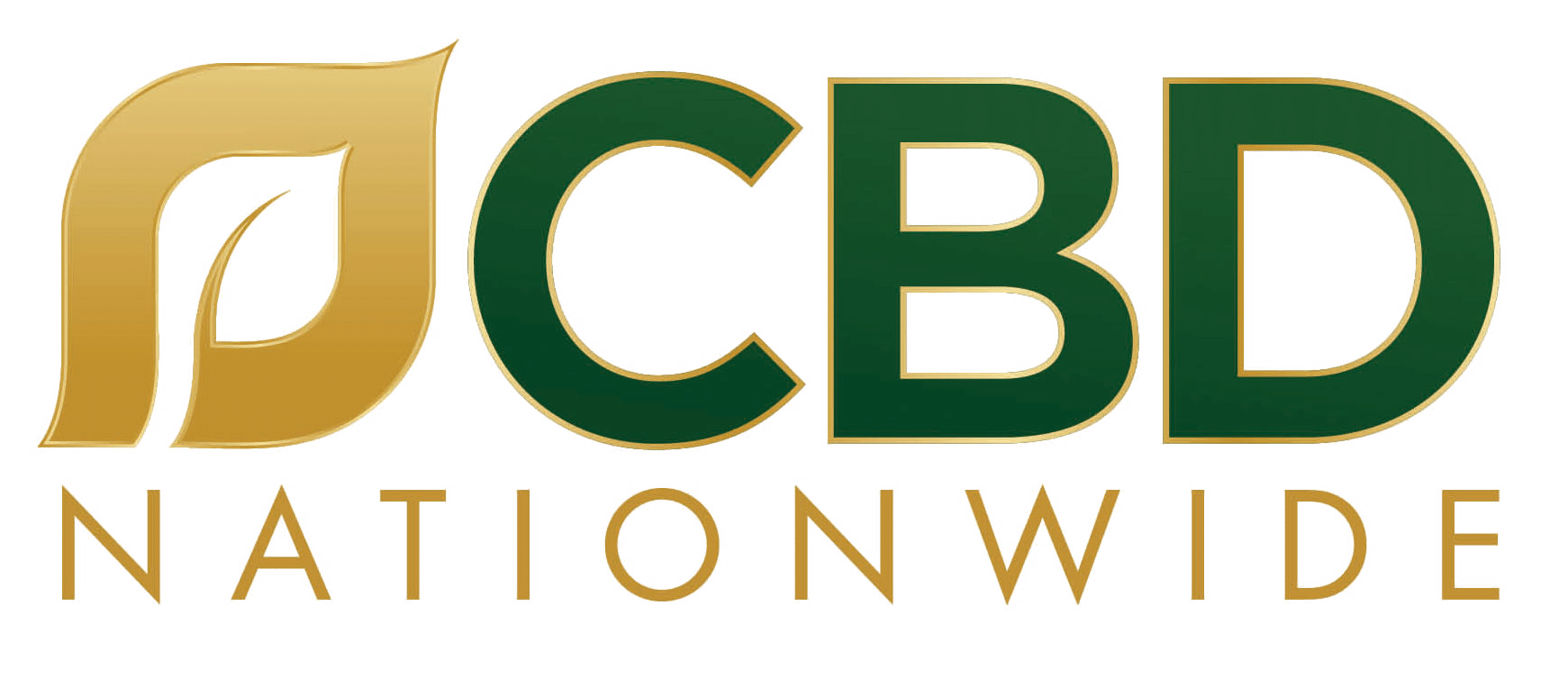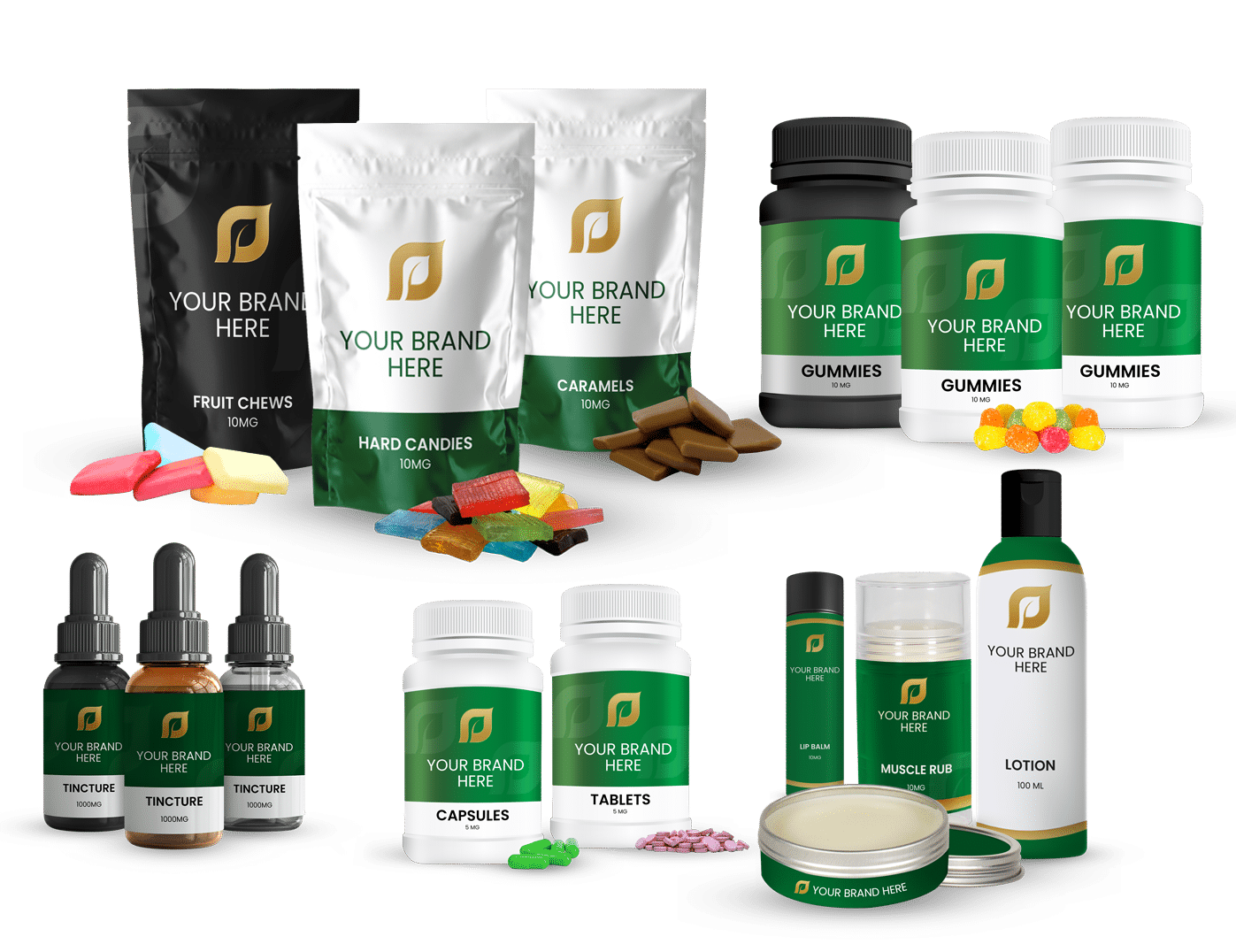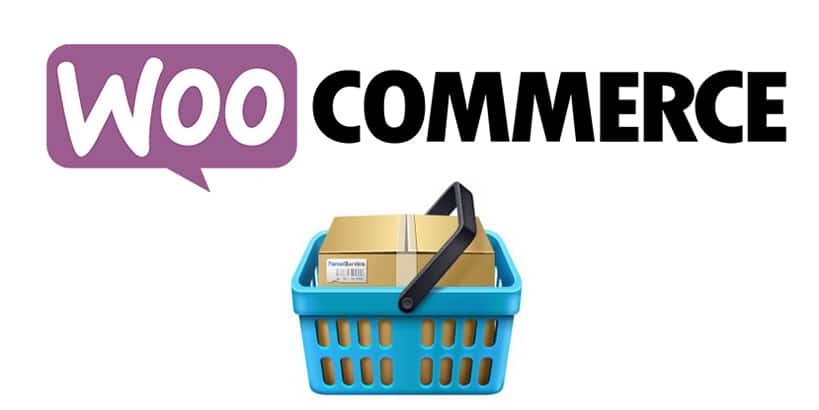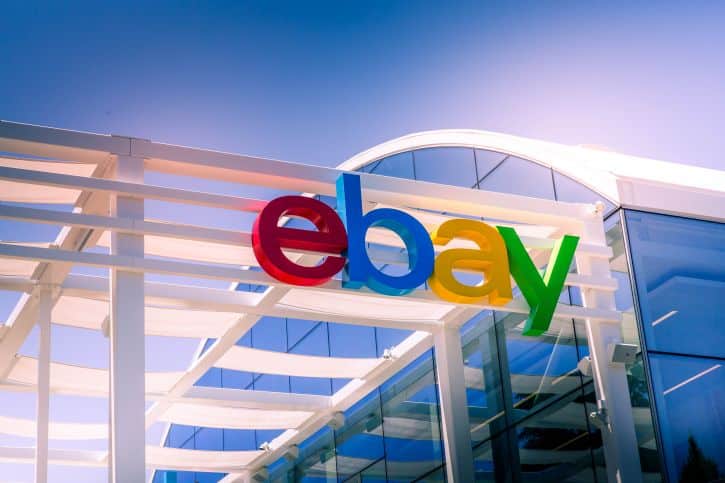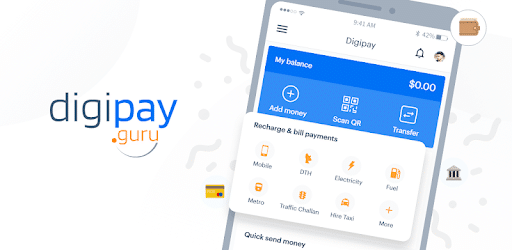You’ve heard the hype. You’ve likely even tried and loved CBD. Now you’re wondering how you can get your piece of this booming market. You want to start a CBD brand.
This guide is your perfect starting point. After we cover the basics together here, you can go deeper into any of the topics by exploring related posts on our site or by contacting us for a consultation.
“Key steps to creating your own CBD brand: Navigate legalities, develop a detailed business and marketing strategy, choose quality manufacturers, establish an online presence, and engage customers through educational initiatives.”
Table of Contents
ToggleWhy Start a CBD Brand?
The CBD industry is booming like never before. Market analysts estimate that the CBD market, which was valued at approximately $1.6 billion in 2021, will grow to an astonishing $16 billion by 2025. That’s a ten-fold increase in just four years!
A key driver of this growth has been the shift towards online sales, a trend that became particularly apparent in 2020 amidst the global pandemic. As brick-and-mortar stores faced lockdowns and social distancing measures, consumers increasingly turned to online shopping for their wellness needs.
But why has CBD specifically caught the public’s attention? I believe it has much to do with the growing consumer awareness and interest in natural health alternatives since around 2016. More and more people are discovering the myriad of health benefits that CBD may offer, from pain relief to anxiety reduction and beyond. I’ve seen this firsthand — when I started my journey with CBD, there were only a handful of brands on the market; today, there are thousands!
Moreover, scientific research is beginning to back up many of these health claims about CBD, adding credibility to the anecdotal evidence provided by users.
However, with any rapidly growing industry comes challenges — from understanding complex regulations to differentiating your brand in a crowded market. But don’t let these potential hurdles deter you. If you’re passionate about wellness and helping others improve their health naturally, starting a CBD brand can be both fulfilling and financially rewarding.
In this series, I’ll share my insights and provide expert advice on how you can successfully establish your own CBD brand. Let’s dive into this exciting journey together!
What Are the Benefits of CBD?
Understanding the benefits of CBD is crucial if you’re planning to dive into this industry. After all, it’s these very benefits that are driving the growing consumer interest in CBD products.
First, let’s talk about how CBD works. This non-psychoactive compound interacts with our body’s endocannabinoid system (ECS), a complex cell-signaling system that plays a key role in regulating a wide array of functions and processes, including sleep, mood, appetite, and immune response. The ECS produces its own cannabinoids, like anandamide, but it also interacts with external cannabinoids like CBD.
When consumed, CBD has the potential to influence these receptors, promoting balance and well-being in the body without producing a ‘high’ — thanks to its non-psychoactive properties. This makes it an attractive option for those seeking natural relief from certain health conditions without the mind-altering effects associated with THC.
Now, have you heard of the “entourage effect”? This refers to the synergistic interaction that occurs when various cannabis compounds work together within the body to enhance each other’s therapeutic effects. It’s like a team where each player boosts the performance of others. Thus, full-spectrum CBD products, which contain all the cannabinoids naturally found in the cannabis plant, including THC (in legal limits), are often preferred over isolates because they can potentially offer greater benefits.
But remember, while there is considerable scientific research supporting these benefits of CBD, everyone’s experience may vary. What works wonders for one person might not have the same effect for another. It’s all about finding what works best for you or your potential customers.
In the next section, we’ll delve into some of the legal frameworks and challenges that you need to be aware of when venturing into this industry. Despite some hurdles, navigating these aspects effectively can pave the way to a successful CBD brand. Let’s continue the journey!
Understanding Legal Frameworks
Engaging with the CBD industry isn’t just about understanding the benefits of the product or figuring out your target audience. Equally important is being aware of the legal landscape and how it impacts your business operations.
Let’s start with the FDA regulations around dietary supplements. The Food and Drug Administration has clear guidelines on what constitutes a dietary supplement and how these should be marketed. While the FDA does not currently recognize CBD as a dietary supplement, they do regulate products containing cannabis or cannabis-derived compounds under their existing authorities for drugs, food (including animal food), and cosmetics. It is thus vital to ensure that any claims made about your products align with these guidelines to avoid regulatory issues.
Another factor to consider is product-based shipping restrictions. The legality of shipping CBD products can vary depending on local, state, and federal laws. This can pose a challenge, especially if you’re planning to sell online and ship across different states or even internationally. Therefore, staying updated with changing regulations and understanding how they impact your shipping policies is key.
But don’t feel daunted! Legislation has been moving in favor of the CBD industry in recent years – a significant turning point was the enactment of the 2018 Farm Bill. This bill legalized industrial hemp cultivation on a federal level in the U.S., which includes hemp-derived CBD products containing less than 0.3% THC. The passage of this bill was a major win for the industry, opening up many opportunities for businesses.
However, it’s important to note that while the 2018 Farm Bill was a significant step forward, many complexities remain in navigating the legalities of selling CBD products. For instance, although hemp-derived CBD is federally legal, some states have specific rules regarding its sale and use.
Operating in the CBD industry requires staying informed about these legal complexities, as they directly influence your business model and day-to-day operations. This includes everything from product formulation, labeling, and marketing claims to shipping policies.
The bottom line is while the legal landscape can seem challenging, with careful planning and ongoing education, it’s more than possible to navigate these hurdles and establish a successful CBD brand.
In the next section, we’ll talk about crafting a solid business plan – a crucial step in turning your vision for your CBD brand into reality. Let’s get going!
Crafting Your Business Plan
Just as a house needs a solid foundation, your CBD business needs a robust business plan. This will serve as your roadmap, guiding you through the various stages of launching and running your business.
The first step in crafting a business plan is conducting a competitive analysis and market analysis. This involves researching your competition and the current market trends in the CBD industry. What are other CBD brands doing well, and where are they falling short? What does the market landscape look like, and what opportunities exist for new entrants? These insights will help you carve out a unique niche for your brand.
Another critical aspect of your business plan should be addressing manufacturer dependency. While relying on one manufacturer for all your production needs might seem convenient, this can pose risks. What if they suddenly increase their prices or encounter production issues? Diversifying your suppliers can safeguard against these risks and ensure smooth operations.
Next up is quality control. This is particularly important in an industry like ours, where product quality can make or break a brand. Establish clear standards for your products – from the source of the hemp to the extraction method used to third-party lab testing. Remember, transparency is key here. Your customers want to know that they’re getting safe, high-quality products.
Finally, let’s talk about setting clear product standards and production processes. What kind of CBD products do you want to offer? Full-spectrum, broad-spectrum, or isolate? Tinctures, capsules, edibles, topicals? Once you’ve decided on your product range, outline the production processes involved in creating these products. This will give you an idea of the resources needed and also help identify any potential challenges early on.
In summary, a thoughtfully crafted business plan is an invaluable tool for any CBD entrepreneur. It provides clarity on your vision for your brand, outlines your strategy for achieving this vision, and helps you anticipate potential challenges.
So, now that we’ve got our business plan in place let’s move on to the next step – setting up your online presence. After all, in today’s digital age, having a strong online presence is non-negotiable for any business. So, let’s dive right in!
Setting Up Your Online Presence
With your business plan in place, the next step is to establish your online presence. The Internet is an invaluable tool for any business, particularly one in the CBD industry. It provides a platform for reaching a global audience, showcasing your products, and building relationships with customers.
The first decision you’ll need to make is choosing the right ecommerce platform for your brand. There are several options available, each with its own strengths and weaknesses. Some of the most popular platforms include BigCommerce, Shopify, and 3dcart.
BigCommerce is a comprehensive solution that offers a wide range of features, from inventory management to SEO tools. Shopify, on the other hand, is known for its user-friendly interface and robust app marketplace. 3dcart is a more affordable option that still packs a punch when it comes to functionality.
When making your decision, consider factors like cost, ease of use, and scalability. Also, keep in mind that some ecommerce platforms may have restrictions on selling CBD products due to their policies or payment processors. So, be sure to do your research before making a final decision.
Once you’ve set up your online store, the next step is enhancing your brand visibility through a strategic PR strategy. This can involve various tactics, including content marketing and email marketing.
Content marketing involves creating and sharing valuable content to attract, engage, and convert potential customers. This could be blog posts about the benefits of CBD, how-to guides on using your products, or informative articles addressing common misconceptions about CBD.
Email marketing, on the other hand, allows you to reach out directly to customers and prospects. You can use email campaigns to announce new products, share special offers, or provide educational content. The key here is providing value – not just selling. Remember, people don’t want to be sold to; they want to be informed, entertained, and engaged.
In conclusion, setting up your online presence is a crucial step in establishing and growing your CBD business. It allows you to reach a wide audience, showcase your products, and build relationships with customers. So take the time to choose the right ecommerce platform for your needs, develop a strategic PR strategy, and start building your online empire!
Navigating Product Selection and Manufacturing
Whether you’ve been immersed in the CBD industry for a while or are just starting, you likely know that not all CBD products are created equal. The types of products you choose to offer can make a significant difference in your brand’s success.
So, how do you select the best product for your business? One way is to use tools like Google Ads and Google Trends for market trend analysis. These platforms can help you see what consumers are searching for and understand which CBD products are in demand.
Google Ads offers a keyword planner tool that can show you how often certain terms are searched. For example, if “CBD gummies” has a high search volume, it might be worth considering including them in your product line.
Google Trends, on the other hand, lets you look at the popularity of search queries over time. You can see if interest in a specific product is growing, declining, or staying steady. This can help inform your decisions about which products to prioritize.
Once you have chosen which products to offer, the next step is sourcing manufacturers. There are several ways to do this, like Google search, but we recommend that you reach out to our team here at CBD Nationwide.
Alternatively, attending trade shows like the Natural Products Expo can provide opportunities to meet manufacturers face-to-face. These events allow you to ask questions directly, get a feel for their production process, and even negotiate prices.
Remember, when choosing a manufacturer, don’t just consider the cost. Factors like quality control measures, communication effectiveness, and reliability should also play into your decision. After all, these manufacturers will be instrumental in ensuring the quality of your products – a key factor in building trust with your customers.
Marketing Your Brand Successfully
Once your business plan is in place and you’ve selected your products and manufacturing partners, it’s time to focus on one of the most crucial aspects of your CBD business – marketing. Effective marketing can help build your brand’s identity, increase customer loyalty, and ultimately drive sales growth.
One strategy that has proven successful for many brands is influencer marketing. This involves partnering with influencers who have a strong following on social media platforms like Instagram or YouTube. These influencers can use their platform to promote your products, reaching a wide audience that trusts their recommendations.
For instance, an influencer might share how they incorporate your CBD product into their wellness routine, highlighting its benefits in a relatable way. This kind of authentic promotion can be incredibly valuable in building trust with potential customers and driving interest in your brand.
In addition to influencer marketing, loyalty programs can be an effective way to encourage repeat business and deepen relationships with customers. By offering rewards for repeat purchases, referrals, or social shares, you incentivize customers to engage more deeply with your brand. This not only increases customer retention but also turns your loyal customers into brand ambassadors.
As you execute these marketing strategies, it’s important to have reliable data to inform your decision-making process. That’s where tools like Jungle Scout come into play. Jungle Scout provides real-time sales data that can be instrumental in strategic planning. With this data at your fingertips, you can monitor the performance of your products, quickly adapt to market trends, and make informed decisions about future product offerings or marketing campaigns.
Remember, successful marketing requires ongoing effort and adaptation. What works well today might not work as well tomorrow as consumer preferences evolve and market dynamics shift. By staying agile and data-driven, you can ensure that your marketing efforts are continually aligned with your business objectives and the needs of your consumers.
Overcoming High-Risk Business Challenges
Entering the CBD industry can be a rewarding endeavor, but it also presents its unique set of challenges. In particular, CBD businesses often fall into the category of high-risk businesses, which means they face certain hurdles that other businesses may not.
One area where this comes to light is in processing payments. Traditional banks and payment processors often shy away from high-risk businesses due to regulatory concerns and the potential for chargebacks. This can create significant obstacles when it comes to handling transactions smoothly and efficiently.
But don’t let this discourage you. There are specialized payment processors out there that cater specifically to high-risk businesses, including those in the CBD industry. These payment processors understand the unique challenges and risks associated with the business, and they have systems in place to manage these risks effectively.
These specialized payment processors offer a range of services tailored to high-risk businesses, from secure payment gateways to fraud protection measures. They also typically have more flexible underwriting policies compared to traditional banks, making it easier for high-risk businesses to get approved.
When choosing a payment processor for your CBD business, consider factors like transaction fees, contract terms, and customer support, in addition to their experience with high-risk businesses. Make sure they comply with all relevant regulations and have robust security measures in place to protect your and your customers’ data.
Remember, facing high-risk business challenges doesn’t mean you’re on your own. By partnering with specialized service providers who understand your unique needs and challenges, you can navigate these hurdles successfully and keep your focus on growing your business.
In the end, overcoming these challenges can make your business stronger and more resilient. As you navigate the complexities of operating a high-risk business, you’ll gain valuable insights and experiences that can help drive your success in the competitive and rapidly evolving CBD industry.
Engaging Consumers Through Education
As the CBD industry continues to grow, so does the need for consumer education. Many people are interested in trying CBD products, but they’re not sure where to start or what to expect.
That’s where you come in. As a CBD brand owner, one of your key responsibilities is engaging consumers and educating them about the benefits of CBD. This not only helps to build trust and loyalty among your customers but also positions your brand as a trusted source of information in the industry.
Creating diverse content is an effective way to educate your audience about CBD’s benefits. This could include blog posts on your website that break down complex topics into easy-to-understand terms, informational videos that demonstrate how to use your products, or social media posts that address common misconceptions about CBD.
Remember, content is king. The more valuable content you provide, the more likely consumers will turn to your brand when they’re ready to try CBD products.
But education isn’t just about broadcasting information; it’s also about listening and learning from your customers. Encourage customer feedback at every step of the journey – from product development to post-purchase support.
Why? Because customer feedback is one of the most valuable resources you have for refining your products and services. It gives you direct insight into what your customers like, what they don’t like, and what they want to see from your brand in the future.
This feedback loop not only helps you improve your offerings but also signals to your customers that their opinions matter. This can go a long way in building customer loyalty and fostering a sense of community around your brand.
Ultimately, engaging consumers through education isn’t just good for business – it’s essential for driving the industry forward. By promoting accurate, balanced information about CBD and its potential benefits, we can combat stigma, dispel myths, and help more people discover the benefits of this remarkable plant.
So, remember: keep your content diverse and engaging, listen to your customers, and never stop learning. Together, we can help make the world of CBD a little less confusing and a lot more accessible for everyone.
Conclusion: Building Toward Success
Establishing a successful CBD brand is no small feat, but it’s an achievable goal with the right approach and dedication. The CBD industry is expanding rapidly, but so is the competition. As such, differentiating your brand in a saturated market becomes paramount.
The journey starts with quality control. Your products need to consistently meet high standards of safety, purity, and effectiveness. This not only earns you customer trust but also positions your brand as a reliable player in the market.
But having good products isn’t enough; you must get them in front of your target audience. That’s where strategic marketing comes into play. A combination of different tactics can help you reach and resonate with your potential customers.
Leveraging email marketing is one such effective strategy. A well-crafted email campaign can help maintain regular contact with your customers, keep them informed about new products or offers, and reinforce your brand’s value proposition.
Don’t forget the power of a strong online presence. In today’s digital age, most consumers will interact with your brand online before they ever do in person. Ensure your website is attractive, user-friendly, and informative. Make sure it reflects your brand identity and makes it easy for customers to find and purchase your products.
Alongside this, an effective shipping policy is crucial. Remember that the last thing a customer wants after making a purchase decision is to be hit with hidden fees or long delivery times.
While these elements lay a solid foundation for success, remember that the CBD industry is ever-changing. To stay ahead, you must continuously adapt your strategies based on consumer education, market trends, and evolving legal landscapes.
Consumer education helps to dispel myths and misconceptions about CBD while showcasing its benefits. It positions your brand as a trusted source of information—a key differentiator in a market rife with misinformation.
Stay abreast of market trends to ensure that your product offerings and marketing strategies resonate with the current consumer preferences. And, of course, keep tabs on the evolving legal landscapes to ensure your business operations stay compliant.
Building a successful CBD brand is a marathon, not a sprint. It requires constant learning, adapting, and innovating. But with persistence, passion, and the right strategies in place, you can establish your position within the expanding CBD industry successfully. Stay focused on your vision, keep the needs of your customers at the forefront, and never stop striving for excellence.
